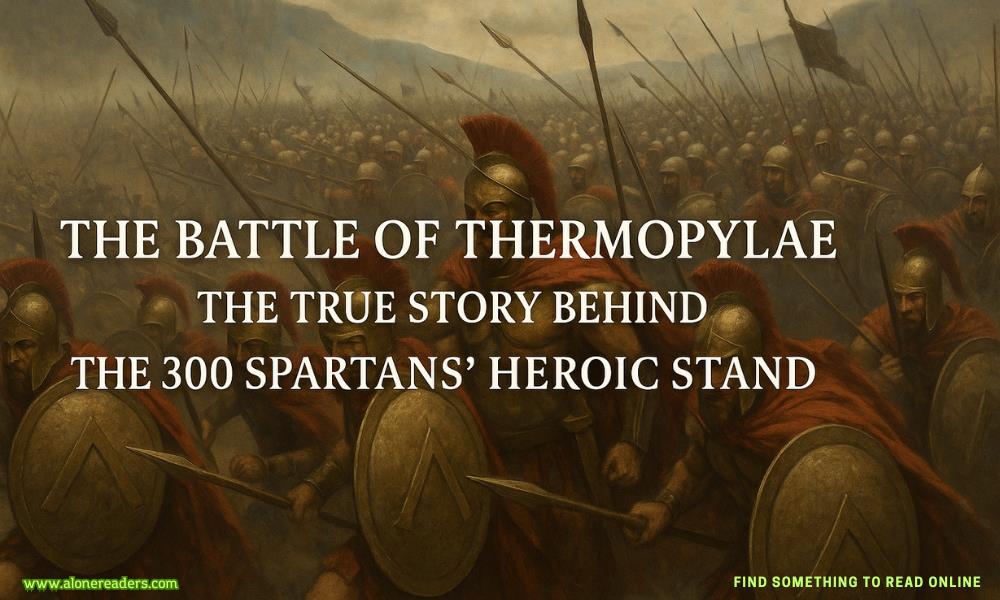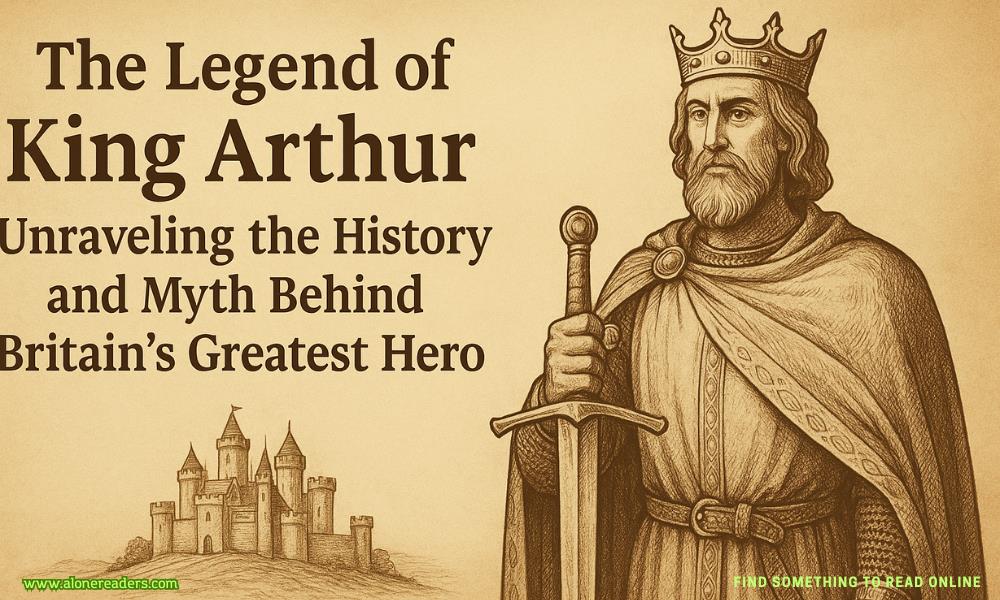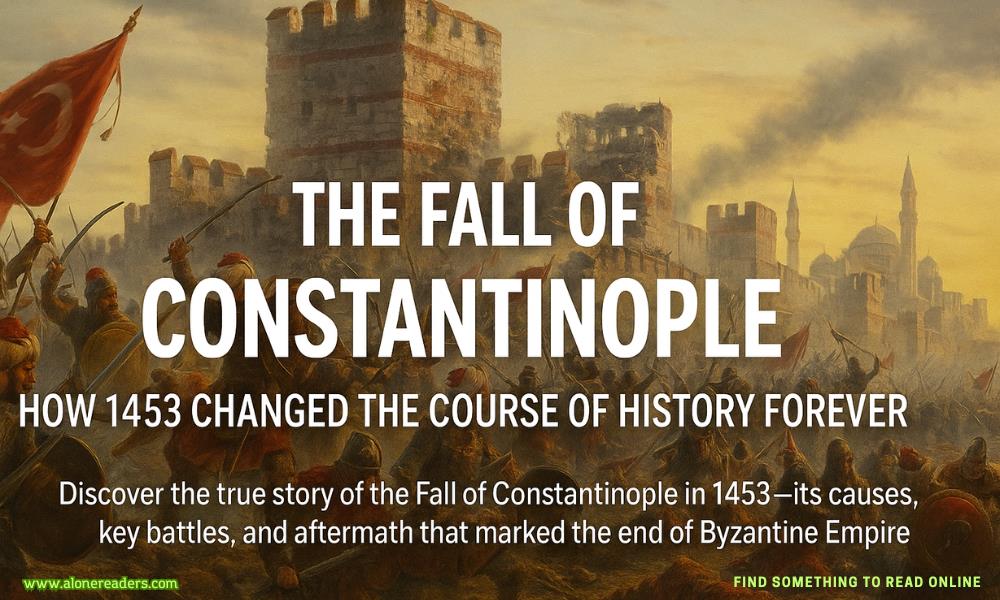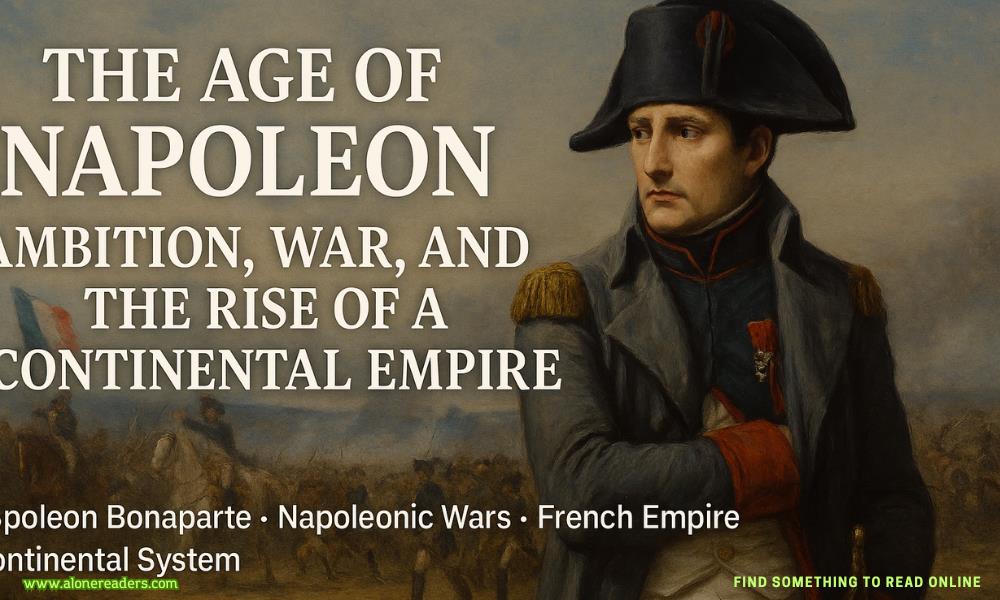Page 151 of Penance
“In the book of Luke, chapter fifteen, we find the tale of the Prodigal Son,” Pastor Williams continues. “A young man who squandered his inheritance on what the scripture calls ‘riotous living.’ On sin and self-indulgence. He thinks only of himself, and not of the people around him. ”
My thumb traces the outline of the flash drive in my pocket.
“When he returned home, did he make excuses? Did he blame others for his failures? No.” The pastor’s voice rises with conviction. “He realized his mistakes. He said, ‘Father, I have sinned against heaven and before you. I am no longer worthy to be called your son.’”
Mercy shifts beside me. She seems uncomfortable.
I wonder if she sees herself woven through the sermon, if she recognizes herself in the one who must beg forgiveness. If she understands that in the eyes of everyone here, she is the one who has fallen.
Not me.
Never me.
“This is true penance,” Pastor Williams says, his gaze sweeping across the congregation. “Taking responsibility for ouractions. Acknowledging the harm we’ve caused. Only then can healing begin.”
Something hot races through my veins.
Not yet.
Soon.
“And yet,” the pastor continues, “how often do we see false penance in our world today? People who say the words without truly meaning them. Who seek forgiveness not because they are truly sorry, but because they wish to escape the consequences of their actions. God says that without the shedding of blood, there is no penance. He says this in Hebrews, Chapter 9, verse 22. And well, you may be saying to yourself that that’s pretty harsh. I thought God was a loving God. Why would he want me to harm myself, or harm others?”
I stand up suddenly, yanking on my coat to straighten it. Mercy looks up at me, confusion and fear clouding her eyes.
“What are you doing?” she whispers, reaching for my hand.
I step away from her, into the aisle.
“Excuse me,” I say, loud enough to be heard over the pastor’s voice.
Pastor Williams pauses, clearly startled.
“Yes,” he says, and he clears his throat. He knows me. He recognizes me. “Draco? Is everything alright?”
“I’m sorry to interrupt,” I say, moving toward the pulpit. My heart pounds in my chest.
Am I nervous?
Excited?
I can’t quite say.
“But I think what you’re saying is too important to let pass without comment.”
The congregation stirs, adjusting their wings like a disturbed nest of hornets. This is not how things are done here. Not in this church. I am an outsider now, even if I was born here.
I have no right.
I reach the front of the aisle and turn to face them all. I can see Mercy clearly. I can see the confusion and dread painted on her face like war paint. Her parents wear matching expressions of outrage.
“Penance is an interesting term, really,” I say, my voice low and steady. “We talk about it as if it’s something sacred. Like it’s this big sacrifice. But isn’t it just another word for punishment? Time out, like you’d give to a toddler?”
Pastor Williams takes a step toward me, his hand extended as if to guide me back to my seat. I step away from him.
If he touches me, I’ll break his fucking wrist.
“Perhaps we could discuss this after the service—”
- Her Desert King by Marian Tee
- A Wife's Duty by Sam Crescent
- The Gift that Keeps On Giving by Jessa Kane
- Hard Hearts by Ella Goode
- Obsidian Devotion by Sylvia Rae
- Sold to the Single Daddies by Summer Haze
- Coast by Jessica Gadziala
- Jezebel's Liberation by Lacy Rose
- A Touch of Fate by Cora Reilly
- Relentless Knight by Lisa Cullen
- The Cheerleader by Jade Marshall
- With this Ring by Sierra Cartwright
- Axel by Kelly Finley
- Ice Cold Liar by Cynthia Eden
- Her Daddies' Everything by Laylah Roberts
- Bound By Lust by Rose Marie







